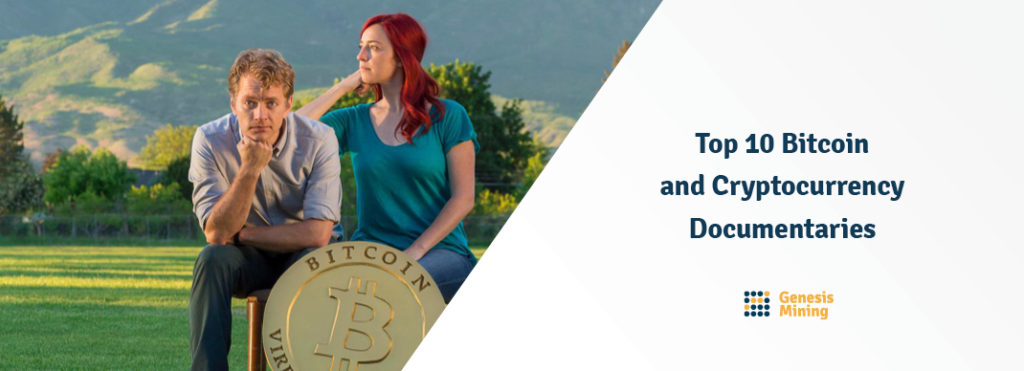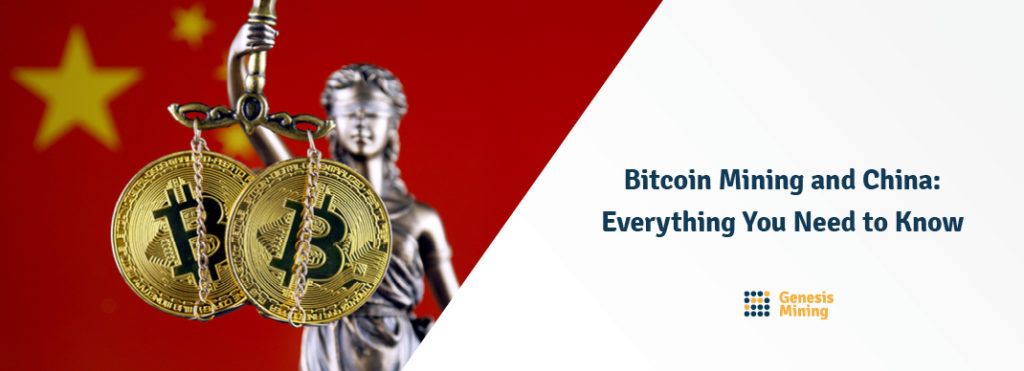Welcome back to our new blog series: 11 Myths of Bitcoin. Continuing with Myth…
#2: Bitcoin does not solve any real world problems.
Many people believe that Bitcoin does not have any relevance to real world problems. Yet it does. Bitcoin solves innumerable real world problems. Many of these problems are not obvious to many people in first world countries like the United States or United Kingdom. Consider the following:
Underbanked:
In the United States alone, over 20% of the population is considered underbanked. In other parts of the world vast populations are underbanked. To be underbanked means not maintaining a checking or savings account at a traditional retail commercial bank or similar institution. The underbanked rely on alternative financial services. These services include pay-day loans, prepaid cards, subprime auto loans and check cashing stores. Alternate financial industries that serve the underbanked account for $89 billion in annual revenue. This is a shocking number considering many of these alternate financial services are outside the scope of traditional financial regulation creating the potential for abusing customers.
Bitcoin Solution:
Opening a Bitcoin account (a wallet) is as simple as creating an email address, a technology that is almost universally understood and practiced at this point. Once you have a wallet, you are able to send and receive Bitcoin instantly and practically for free. There are no bank hours, no bank applications, nor do you have to go to a physical location in order to complete the transaction, or deal with a bank which many find intimidating and perplexing.
Remittance:
Every year a reported $500 billion dollars is sent across the world via international remittance payments. Take for example an Ecuadorian immigrant working in Canada who has a family in Ecuador whichthat relies on his income to survive. Each week he sends home a portiongood part of his paycheck through companies such as Western Union. Such companies Western Union and other similar companies often charge fees from 10-20% of the amount wired to complete the transaction…. and that does not include the cost of converting the currencies between countries. As National Geographic said, “Western Union makes and spends billions of dollars doing what Bitcoin does, for free”.
Bitcoin Solution:
Bitcoin enables these transactions to occur instantly over the Internet… it has no borders. Transferring Bitcoins is as easy, and as inexpensive, as sending an email. Further, there is no middle man, no remitter, charging 10% or more.
Unstable government currencies:
A government backed currency is as stable, or unstable, as the national government, and local economy in which it is used. Recent history reveals just how fragile a local currency can be.
Cyprus:
In May of 2013, after the Cyprus government was unable to make a debt payment of $15 billion to the International Monetary Fund, the government resorted to closing the banks and seizing 10% of all account holders’ funds in order to pay the debt. The effect on the local currency was devastating.
Zimbabwe:
In one particular month in 2009, the government backed currency increased 70 billion percent. It became common in the country for laborers to request to be paid in the morning because they knew by the time they were paid after work, the currency would be worth far less. After years of inflation, the government abandoned their national currency and informally adopted the US dollar.
Argentina:
In 2002, the Argentine economy was in distress and to ease this stress, the government converted all bank account holders’ U.S. dollar deposits into the much less valuable Argentine peso. Overnight, Argentine citizens were forced into holding a currency which they felt was inevitably going to be worth far less tomorrow thanand it would be is today. While they did slightly recover from this collapse, the currency is still experiencing inflation at a rapid rate. In 2014, the Argentine peso inflated nearly 40%.
Venezuela:
In 2014 after growing tired of facing an uncertain future, students in Venezuela took to the streets and began to protest. Major international brands such as Delta and Brinks were forced to pull out of the country after reporting losses of hundreds of millions of dollars as the currency began inflate at a rate of over 60% in 2014 alone.
Bitcoin Solution:
Global pricing:
The value of Bitcoin is calculated on a global basis. This means that one country’s economic tension will not substantially impact the value.
Decentralized:
As a decentralized technology no one government can manipulate the currency.
~no one government can manipulate the ledger~
Deflationary:
There are only 21 million Bitcoins that can ever exist and this number cannot be changed. So unlike traditional government backed currencies, the option to simply increase the supply does not exist.
Stay tuned for next week when we will publish myth #3 – Bitcoin allows for anonymous payments.





